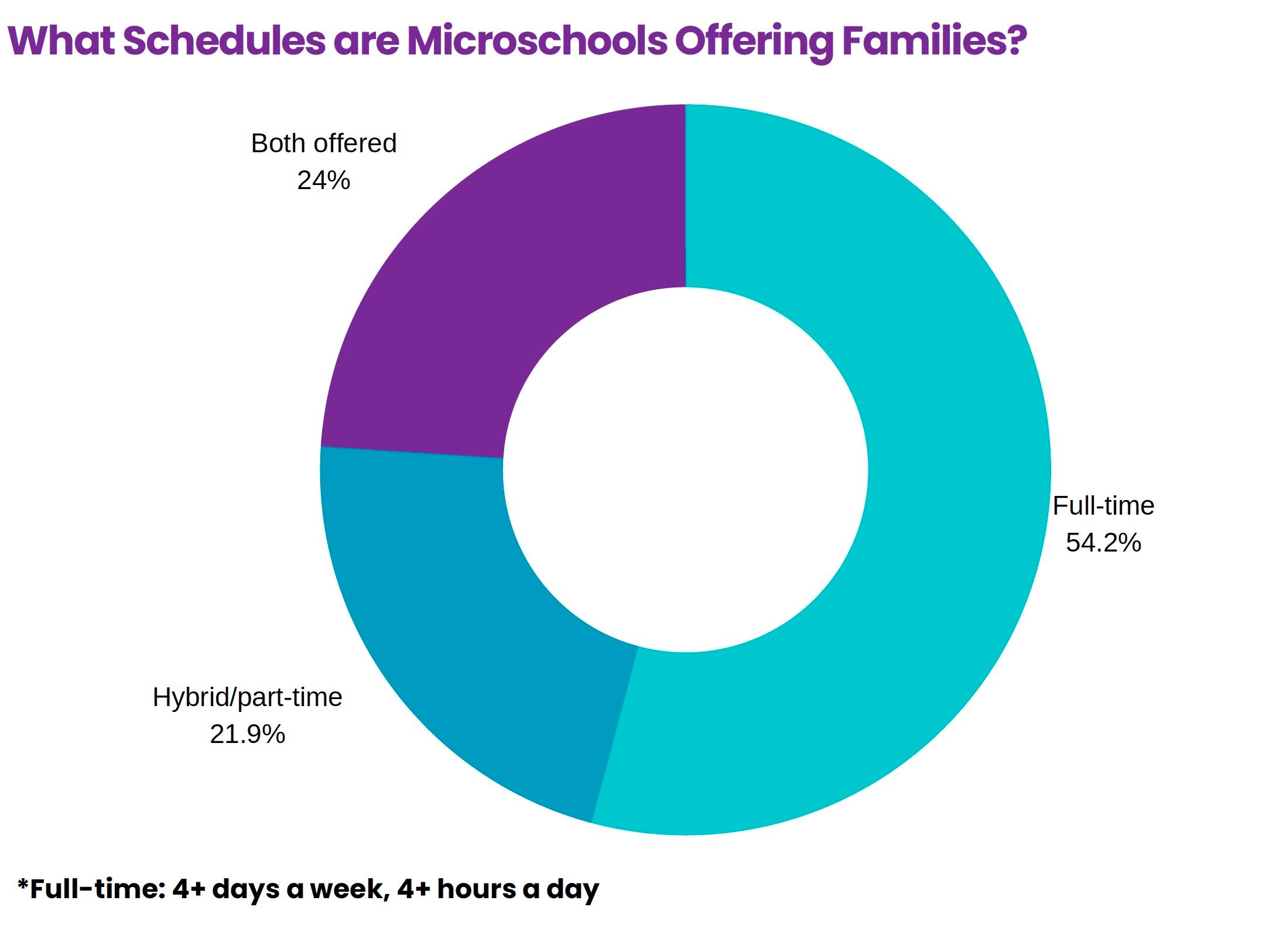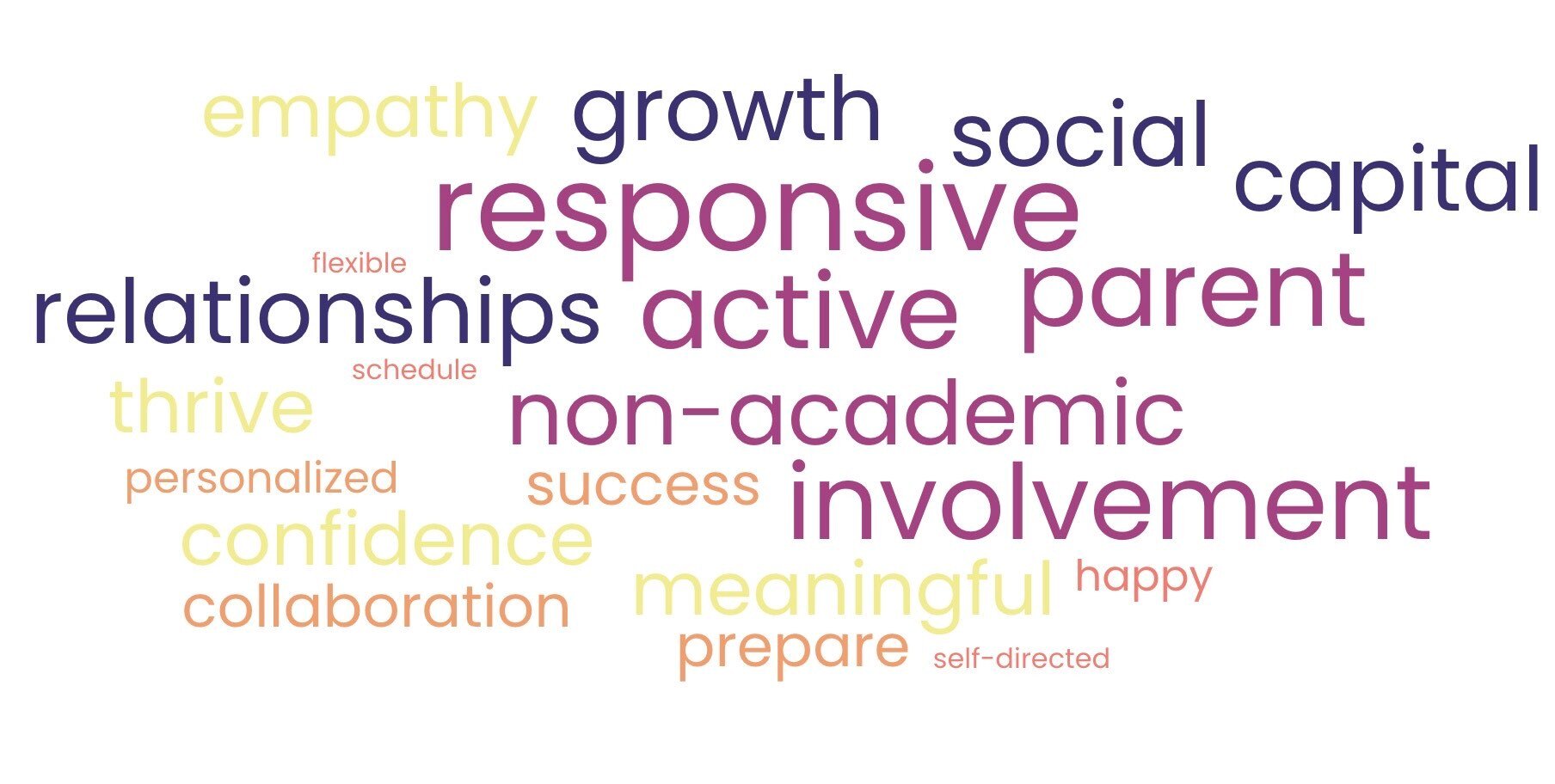Microschools' Diversity: Part 2, Schedules & Facilities
The profound diversity of America's microschooling sector is found across many aspects and dimensions of the work they do to support their learners...
2 min read
Don Soifer : Oct 15, 2025 11:58:48 PM

The FRIAR of Microschooling
For leaders of public school systems who want to get microschools right, they’d do well to learn from the FRIAR of microschooling.
We hear from superintendents and other school district leaders interested in learning about microschools as they consider ways to incorporate some of the excitement they’ve been hearing about every week at the National Microschooling Center. Many are located in states with robust school choice programs that have supported both families and many driven educators opportunities to pursue other options that they feel represent more ideal options for their educational needs or professional visions. Others are in states without school choice programs, where most microschools really on tuition for most of their operating revenue, and still they are forming vibrant, innovative microschool ecosystems. Their interest in microschools is understandable in any of these circumstances, and more.
Our team here at the Center does our best to be helpful, inform with context, help them gain clarity on their goals, and be generally supportive of best instincts.
Reflecting on these conversations, our team noticed that key themes seem to shape these discussions rather consistently – themes which can be referenced by the acronym FRIAR. I invite you think of these as in the Friar of Microschooling, if you will:
Families as active partners in important choices regarding their children’s educational path, one of the most-cited positives of the microschooling experience.
Responsive. Microschools can exemplify responsiveness -- to the evolving needs of their students, families, and their societal context. Microschools’ agility and nimbleness enable them to adapt effectively and allow for a dynamic educational model that is finely attuned to the evolving requirements of its community, ensuring a tailored and impactful learning experience.
Integrity. Microschools by virtue of their small size and adaptive models can truly be designed and operated to meet the specific educational needs of the particular learners they serve. And just like a project does not make a classroom Project Based Learning or an app does not make personalized learning, ensuring that the microschool leader has the flexibility necessary to deliver on the microschooling promise is vital to paving their way toward success.
Autonomy. For those inclined to try to cash in on the popularity of microschooling by claiming a periodic flex day, small group activity, or field trip as “microschools,” well, that can be expected when business-as-usual school consultants deliver repackaged old products as “new wins” for district customers in need of them. Acting deliberately to give educators autonomy to create innovative models that realize microschools’ potential can be challenging given the operating constraints and realities of many school districts, but it is essential to the microschooling opportunity.
Relationships – authentic, rich intersections for learning from and sharing with other students, educators, and professionals and experts from their or adjoining communities form a valued element of many microschools. “Imagine a microschool created to boost the social capital of the children it serves,” offers Dr. Tyler Thigpen, founder of The Forest School, an Acton Academy in Trilith, Georgia. To many in the education field, this has a compelling ring.
These elements comprise pieces of the valuable lever for learning that microschooling can represent, and I hope they can serve as guiding thoughts to those in public education thinking of ways they can make microschooling work to its powerful potential within the systems they lead.
To learn more, the National Microschooling Center team is available for consultation with district leaders. The above themes are elaborated upon in The Nine Principles of Microschooling, published last year with over 100 signatory microschools from around the country.

The profound diversity of America's microschooling sector is found across many aspects and dimensions of the work they do to support their learners...
.jpg)
What will 2023 hold for America’s microschooling movement? As this phenomenon has gained prominence in the nation’s education landscape, much...

Today’s Microschooling Movement keeps on growing, innovating and expanding.